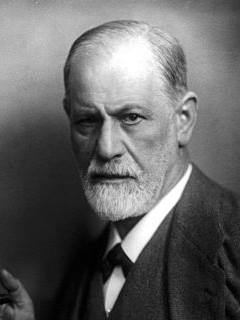

Repression
a cognitive neuroscience approach
pp. 327-349
in: Mauro Mancia (ed), Psychoanalysis and neuroscience, Berlin, Springer, 2006Abstract
Over a century ago, Freud proposed that memories can be forgotten by pushing them into the unconscious, a process called repression. The existence of repression has remained controversial for more than a century, in part because of its strong coupling with trauma and the ethical and practical difficulties of studying this process in controlled laboratory experiments. In the popular media, skeptics of repressed memories have cast repression as a "myth," a bit of clinical folklore with no bearing on reality, and a process for which no scientifically valid psychological mechanism exists. In contrast to this, repression, or at least behavior resembling it, is often reported by psychoanalysts and other mental health professionals who interact regularly with psychological patients. The distance between these perspectives on repression is striking, reflecting an enduring disconnection between those who claim to witness the phenomenon or its effects, and those who insist on rigorous specification and evaluation of this construct. Psychology, as a field, has two ways in which it might respond to this persisting conflict: to continue with dissociated traditions and viewpoints, leaving matters unresolved, or to reconcile these perspectives by specifying the mechanisms of repression, relating it to the growing body of research on the cognitive and neural mechanisms of memory, and by making it empirically testable. But is a science of repression even possible?


